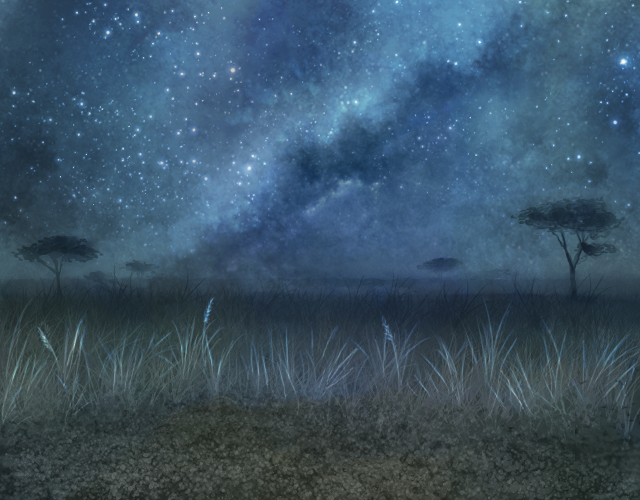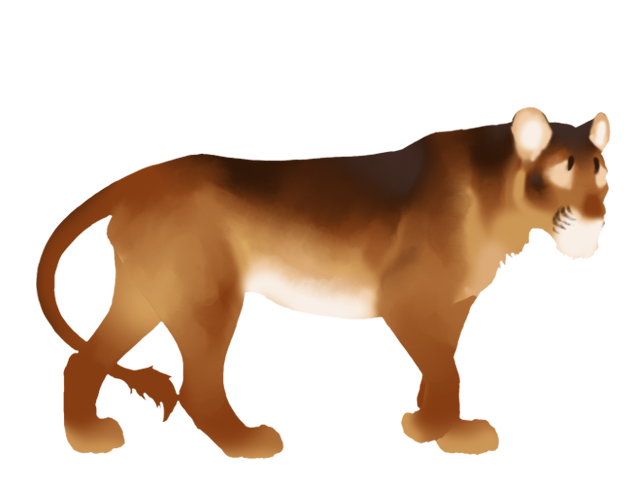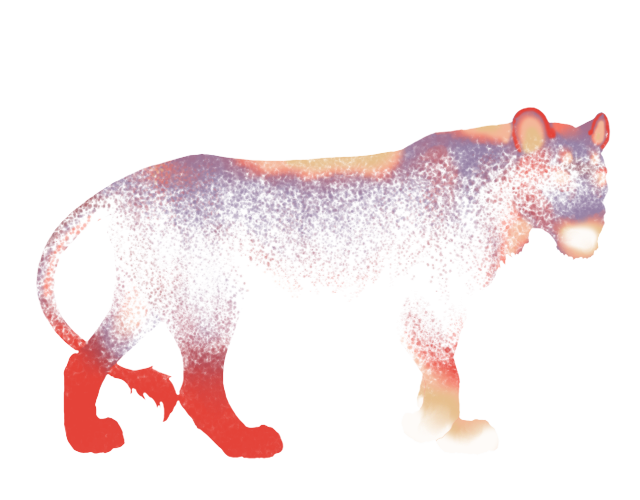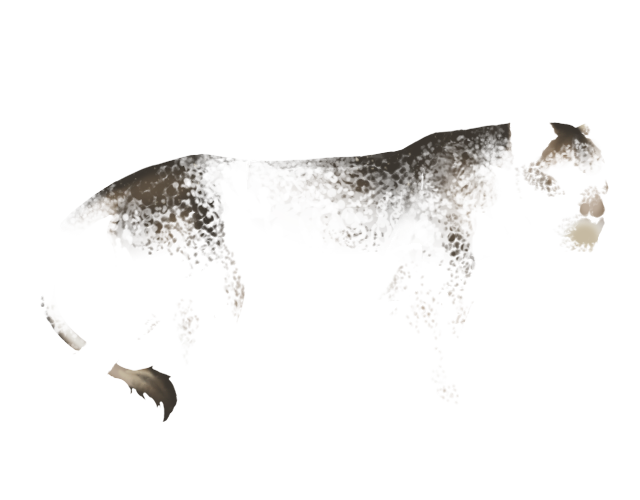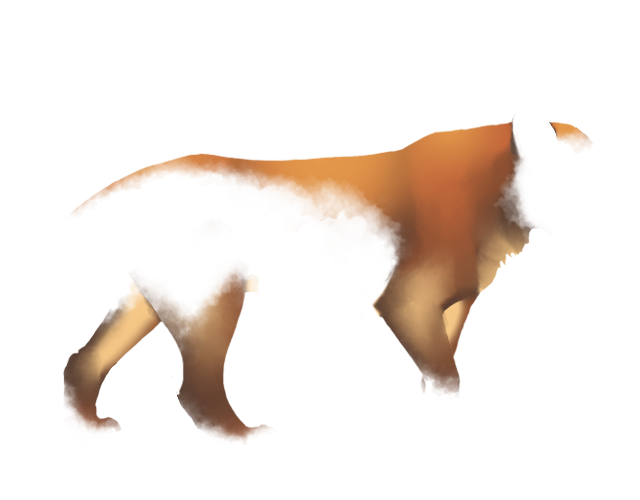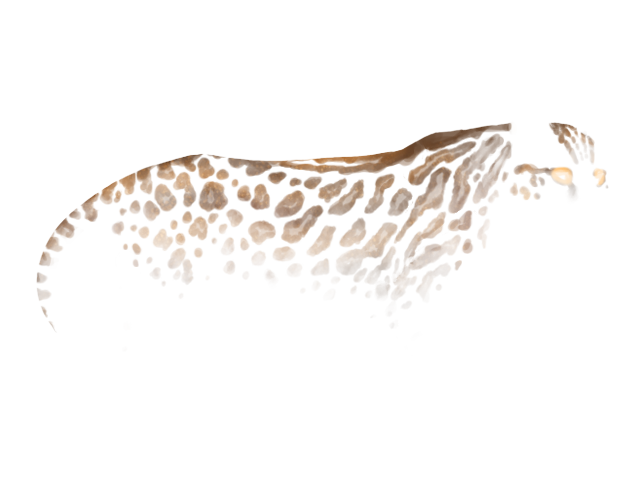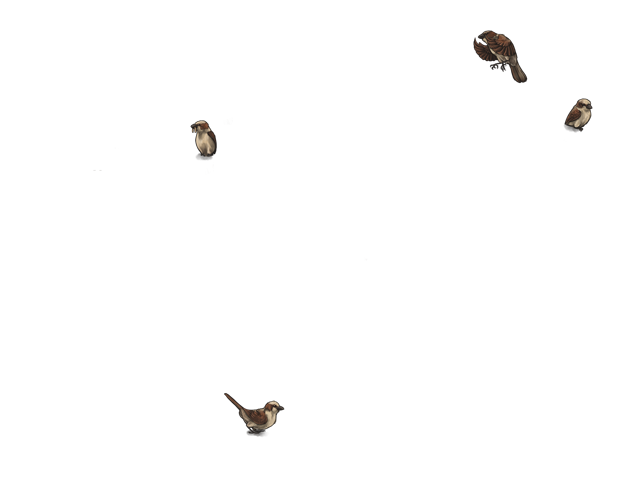 ____𝐇𝐀𝐃𝐈𝐑____
____𝐇𝐀𝐃𝐈𝐑____
“present” or “attendant” | He/Him | forwards beckon rebound

◆
“Villain and violent
Infant and innocent
Baby, both arms cradle you now
Both arms cradle you now”
-adrianne lenker
◆

◆
text
◆

 ____𝐁𝐀𝐂𝐊𝐒𝐓𝐎𝐑𝐘 / 𝐋𝐎𝐑𝐄____
____𝐁𝐀𝐂𝐊𝐒𝐓𝐎𝐑𝐘 / 𝐋𝐎𝐑𝐄____
written by #465211
Hadir was born under the blazing sun of the savanna, his arrival heralded with a mixture of excitement and anticipation. The pride had eagerly awaited the birth of their future heir, the only male in the litter, destined to take his place as king. His parents, King Amani and Queen Amira, were overjoyed. The birth of a male cub was a sign of strength and continuity for the pride. However, the initial joy quickly gave way to concern when it became evident that Hadir, though the firstborn, was the runt of the litter.
From the beginning, Hadir's life was a struggle. Unlike his robust sisters, he was frail and small, his cries weak and feeble. Queen Amira nuzzled him gently, her eyes filled with both love and worry. As the days turned into weeks, the other cubs thrived, but Hadir showed the first signs of his illness at just two months old. He refused to feed on his mother’s milk, turning his head away and crying in distress. His tiny body grew weaker, his energy waning with each passing day.
Desperation set in as Hadir's strength ebbed away. King Amani, usually a pillar of stoic strength, showed cracks of worry. They called upon the shaman, an old and wise lioness named Zahara, known for her deep understanding of herbs and ancient remedies. Zahara examined Hadir with a critical eye, her expression grave. She concocted potions and treatments, doing everything in her power to help the tiny cub survive.
Nevertheless, nights were the hardest. The cool air of the savanna would settle in, and the pride would huddle together for warmth. The Queen never left Hadir’s side, her eyes fixed on him even as exhaustion threatened to overtake her. Other broodmothers took turns watching over him, their hearts heavy with the anticipation of his potential passing. Yet, in Hadir, they saw something extraordinary—a fierce determination to live, a spark of inner strength that defied his frail body. As the moon cast its gentle light over the savanna, Hadir would sometimes stir, his small body trembling but his eyes alight with a defiant will. Queen Amira would nuzzle him, whispering words of encouragement and love. The shaman's treatments slowly began to show results. Hadir started to regain some strength, enough to cling to life despite the odds.
No matter how much he grew, how many moons would pass, he was never like the other lions. His illness left lasting marks on him, manifesting in unpredictable ways. At times, he would stare into the distance, seemingly lost in a world only he could see. Other times, he would collapse into seizures, his body wracked with convulsions, triggered by stress or exhaustion. Despite these challenges, Hadir's spirit remained unbroken. His life was a constant battle against his own mind and body, yet he bore it with a resilience that inspired those around him. He learned to navigate his condition, finding moments of clarity and strength amidst the chaos. The pride, initially uncertain about their future king, grew to respect his unyielding determination.
Hadir’s journey was far from easy, but it was marked by a profound inner strength. He was a lion who defied expectations, a testament to the power of will and the enduring spirit of survival.
Hadir grew up in a world that seemed increasingly confusing and foreign to him. As the months passed, he became more detached, his mind often wandering to places unseen by others. He would sit and stare blankly at the walls of the den for hours, his eyes unfocused, his mind lost in a haze. When asked what he saw, he would mutter about strange colors, nonsensical patterns that swirled in his vision, things that made sense only to him. His caretakers, noticing his tendency to become easily overwhelmed, took measures to protect him. They built soft nests in the back of the den, places of warmth and comfort filled with various toys meant to distract and soothe him. Despite their best efforts, Hadir remained disoriented, often shaking uncontrollably, his small body betraying him with random tremors that would send him collapsing to the ground. These episodes of shaking and confusion became more frequent, adding to the growing concern of his parents and the pride, as trembling cries would erupt from his chest.
At around five months old, Hadir's siblings began to view him with a mix of fear and discomfort. The other cubs, full of energy and curiosity, found Hadir's odd behaviors unsettling. They would often see him muttering to himself, shaking, or staring off into space, and it almost frightened them, too frail and young to understand the gravity of the situation. When asked to play with him, they would shrink back, their eyes wide with a mixture of pity and revulsion. The few attempts at interaction ended awkwardly, with Hadir retreating further into his own world each time, with a darkened sense that he’d never truly belong.
As days went by, Hadir's isolation only grew. He would find small corners of the den where he could hide, places that offered him a sense of safety and solitude. These hidden spots became his refuge, a place where he could escape from the overwhelming sensations and the silent judgment of his peers. He would curl up in these nooks, trying to understand why he felt so different, so disconnected from the world around him. As loneliness became his constant companion, he still longed for the companionship of his siblings, but their avoidance of him only deepened his sense of alienation. He would watch them from afar, his heart aching with a desire to join in their games and laughter. Instead, he found himself sinking further into his ill thoughts, questioning why he was the way he was, why his own sisters seemed almost disgusted by him.
The pride did try to offer support, but their efforts often fell short. They didn’t know how to reach Hadir, how to pull him from the depths of his mind. The shaman Zahara continued her treatments, hoping to find a way to ease his symptoms, but progress was slow and uncertain. Hadir’s life was a constant battle against an invisible enemy, one that waged war on his mind and body without mercy. Despite the care and concern of those around him, Hadir felt an ever-growing chasm between himself and the rest of the pride. He became accustomed to these depths of loneliness, of being the outcast, finding solace only in the small, familiar corners of the den. His mind remained a labyrinth of confusion and strange visions, a place where he wandered alone, seeking answers that eluded him.
As the seasons changed, so did Hadir’s understanding of his place in the world. He came to accept that he was different, that his path was not like that of his siblings. The pride, though they loved him, could not truly comprehend the depth of his struggles.
While lost in his own thoughts, Hadir often found himself mesmerized by the sunlight reflecting off the cave walls. The bright light would irritate his sensitive eyes, and even in the darkness, he would see blobs of color dancing before him. These vivid hallucinations sometimes frightened him, their persistence a reminder of his constant struggle. His head would ache, a dull throb that seemed to accompany his every waking moment.
In these moments of solitude and pain, Hadir would dream. He dreamt that one day, he would feel better. He imagined a life where his mind and body no longer betrayed him. In his dreams, he could run freely under the vast sky, his paws pounding against the earth as he played with his siblings and other family members. The laughter and joy he longed for seemed so close yet so unattainable.
Hadir’s deepest desire was to be strong enough to train with his father. He envisioned himself growing into a powerful lion, learning the ways of the pride, mastering the skills needed to protect and lead. He dreamt of patrolling the pride's territory, exploring the vast lands that were his birthright. The thrill of adventure and the sense of belonging called to him, filling his heart with hope.
More than anything, Hadir longed for normality. He wanted to be like his siblings, to share in their activities and not be seen as different or fragile. He yearned for the day when his illness would no longer define him, when he could stand tall and proud beside his father, a true heir to the pride. Until that day came, Hadir held onto his dreams, finding strength and solace in the hope that one day, he would be free.
At around six and a half months old, Hadir finally began to show signs of physical improvement. His body grew stronger, and his movements more confident. Queen Amira, watching her son's progress with a mixture of relief and apprehension, decided it was time to allow him to leave the den and experience the world beyond its confines. The day he stepped out into the open savannah for the first time, the sunlight felt harsh against his eyes, piercing and unrelenting. The brightness often left him seeing spots and shapes for hours afterward, but the freedom to wander and play was worth the discomfort.
Initially, Hadir reveled in his newfound liberty. He explored the savannah, the vastness of it filling him with a sense of wonder. His sisters, noticing his tentative steps, tried to include him in their games. They were mindful of his sensitivities, making efforts to accommodate his needs. However, Hadir's interactions were unpredictable. He would burst into erratic laughter if one of his sisters tripped, a response that puzzled and sometimes scared them. During play, he might randomly growl or snap, behaviors that soon led the other cubs to avoid him. Despite his eagerness to join in, Hadir found himself shunned, his sisters' initial patience wearing thin. The isolation he felt in the den now followed him into the open, deepening his sense of loneliness. The playful banter and camaraderie he observed from a distance became a painful reminder of his difference.
His training sessions with King Amani were equally challenging. Hadir wanted desperately to impress his father, to learn the skills necessary for survival and leadership. However, his erratic behavior often got in the way. When Amani explained essential techniques, Hadir would sometimes hiss or snarl, his frustration boiling over. His inability to focus made learning difficult, and his attempts at stalking prey were clumsy. He would invariably scare off the animals before he could pounce, the prey darting away at the slightest noise. King Amani, though patient, couldn't hide his disappointment. He tried to encourage Hadir, offering gentle corrections and praise when things went well, but Hadir could see the concern in his father's eyes. Each failed attempt, each moment of lost control, weighed heavily on him. The dreams he once held of being a strong, capable heir seemed to slip further away with each passing day.
Yet, amidst the struggles, there were moments of quiet triumph. Hadir discovered he had a keen sense of observation, noticing details others overlooked. He found solace in solitary exploration, his mind absorbing the patterns of the savannah, the behavior of its inhabitants. These small victories, though not always recognized by his family, gave him a sense of purpose and hope. Hadir's journey was fraught with challenges, but he pressed on, driven by the hope that one day he would find his place within the pride.
As a teenager, Hadir's irritability grew more pronounced. He still preferred to sleep in secluded corners, far from the rest of the pride, his need for isolation becoming almost compulsive. His unpredictable moods often led to unprovoked outbursts, causing friction with his family. The smallest disturbances could set him off, and his siblings and even the adults in the pride began to tread carefully around him.
One day, two of his aunts returned to the pride's territory triumphantly, carrying a sizeable catch they had managed to steal from a group of hyenas. The pride gathered around, eager to share in the rare bounty. But as soon as Hadir caught a whiff of the carcass, he recoiled in disgust. His sensitive nose detected scents that others couldn’t perceive, and he began hissing loudly, his voice filled with contempt.
"The smell is intoxicating and disgusting! Get this out of my face!" he snarled, his eyes glaring at his aunts.
The pride looked on in shock as Hadir's outburst escalated. He refused to eat the food brought to him, turning away from the communal meal in disdain. His refusal to partake in the shared feast was another wedge driving him further from his family.
Instead of joining the pride, Hadir sought out his own food. He would roam the savannah alone, hunting smaller animals he encountered during his solitary explorations. These creatures, though not as substantial as the kills brought back by the pride, were more palatable to him. They didn’t carry the overwhelming scents that seemed to plague him. Hadir's preference for solitary hunting and his rejection of the pride's meals further constructed tall walls between him and his family. Yet, in these lonely pursuits, he found a measure of control over his environment. His unique way of coping with his condition, while tearing him apart from the rest of his mates, allowed him to survive on his own terms, forging a path that was uniquely his, one which soon, everyone learned to respect.
During the time of Ostara, the savannah came alive with the abundance of rabbits, a signal for the pride to engage in crafting various trinkets for good luck or intricate masks. This time of year was marked by rituals and traditions, with Hadir's grandmother, a talented shaman, taking center stage. She reveled in conducting special rituals during Ostara, drawing upon ancient wisdom to bless the pride and ensure their prosperity. Hadir, often lost in his world of confusion and sensory overload, found solace in joining her. The act of crafting decorations out of the puffy feathers of chicks they had killed became a therapeutic escape for Hadir. He would sit for hours, meticulously arranging the soft feathers into delicate ornaments. The repetitive, gentle task allowed him to focus and provided a rare reprieve from his constant sensory irritations. The quietness of these moments was a sanctuary, a brief pause in the relentless storm of his mind.
However, as the second half of the month approached, Hadir's fragile peace began to shatter. He started to experience vivid hallucinations again, seeing yellow chicks running in circles around the entrance of his cave. The visions were so real that he would chase after them, only to find nothing there. His mother, Queen Amira, tried to comfort him, reassuring him that it was just his mind playing tricks. But the hallucinations persisted, haunting him for three consecutive nights. The lack of sleep and the constant visual disturbances took a toll on Hadir's already delicate psyche. By the morning of the fourth day, his frustration and fear reached a boiling point. In a violent outburst, he tore through the den, destroying all the puffy trinkets and decorations the pride had painstakingly crafted. The once-beautiful symbols of Ostara lay in ruins, a stark reflection of Hadir's inner turmoil.
The pride watched in stunned silence as Hadir's rage subsided, leaving him breathless and surrounded by the remnants of his destruction. King Amani, who had always hoped that Hadir would one day overcome his challenges, now faced a harsh reality. The severity of Hadir's condition, coupled with his increasingly erratic behavior, led Amani to a painful conclusion.
"He has clearly gone mad," Amani declared to the pride, his voice heavy with sorrow. "There is nothing more we can do."
The weight of his father's words crushed Hadir. The look of resignation in Amani's eyes was a far greater blow than any physical injury he had ever sustained. He realized that his struggle with his mind had now distanced him irrevocably from the pride. His dreams of normalcy, of being a strong and capable heir, seemed more unreachable than ever. In the days that followed, Hadir withdrew even further into himself. The pride continued their rituals and preparations for Ostara, but the atmosphere was tinged with a sense of loss and unease. Hadir's once bright potential now seemed like a distant memory, a hope that had faded into the harsh reality of his mental afflictions. As he sat amidst the ruins of his creations, Hadir vowed to find a way to coexist with his mind's chaos, to forge a future where he could still find moments of peace and purpose.
At around two years old, Hadir's world was thrown into chaos when the pride was attacked by a group of wandering male brothers, intent on seizing the territory from his father. The battle erupted with a ferocity that shook the lands, the roars of combat echoing for miles. Fear gripped the pride, as they watched their aging king, Amani, fight valiantly against the invaders. The outcome of the battle would determine their future, and anxiety hung heavy in the air.
As the only fully grown son of the king, Hadir was the pride's hope. His siblings, their eyes wide with fear and desperation, begged him to join the battle. They believed in his strength, hoping he would stand by their father and help repel the attackers. But Hadir, confronted with the brutality of the assault, was paralyzed. The violent clashes and the bloodcurdling roars overwhelmed his senses, sending him into a state of shock. He fell to the ground, his body convulsing uncontrollably, unable to respond to the pleas around him.
Hours passed, and the battle raged on. Hadir's world faded into darkness as his body succumbed to the erratic shaking. When he finally awoke, it was morning. The battle had ended, and the pride was eerily quiet. He found himself in the den of the shaman, Zahara, who was tending to his father's wounds. King Amani lay beside him, breathing heavily but alive. Zahara's soothing chants filled the air as she applied healing herbs to the king's injuries. Hadir's body was weak, still recovering from the violent episode that had overtaken him. He could see the toll the battle had taken on his father, and guilt gnawed at him. The memory of his siblings' desperate faces and his own helplessness replayed in his mind, a cruel reminder of his failure to act. He wanted to help, to be the son his father needed, but his body and mind had betrayed him at the crucial moment.
The inner turmoil this memory brought was almost unbearable. Hadir's desire to protect his family clashed with the stark reality of his limitations. The knowledge that he had been unable to aid his father during the most critical time weighed heavily on his heart. He felt like a prisoner of his own mind, trapped by the very condition that set him apart. As he laid there, the gravity of the situation settled in. The pride's survival depended on strength and unity, and Hadir's unpredictable condition made him a liability in times of crisis.
His mother, The Queen, now old and weary, still watches over Hadir with a deep, unspoken sadness in her eyes. She gazes at her son, once a small, fragile cub she had nearly lost countless times to his mysterious illness. Now, he stands before her, handsome and perfect in so many ways, yet still trapped by the shadows of his condition.
The pride gathers to discuss crucial decisions for the upcoming Wet Season, and as they talk, Hadir's sudden bursts of high-pitched laughter pierce the air, drawing everyone's attention. His sisters speak, and each time, Hadir’s laughter interrupts, a sharp contrast to the serious tones of the discussion. The pride has grown used to these interruptions, their silence now a resigned acceptance of his behavior. They wait patiently for him to calm down, their collective hope resting on the chance that he might regain enough composure to voice his own thoughts.
Amira’s heart aches as she watches her son. She remembers the sweet, determined cub who fought so hard to survive, who once played with such innocent joy. Now, Hadir’s personality has shifted dramatically. He is loud, mean, and often violent, his interactions laced with unpredictability. His fits of laughter and sudden aggression have become the norm, his presence both a reminder of his strength and a testament to his troubled mind.
Despite his imposing stature and physical strength, Hadir's condition prevents him from using his abilities effectively. His mind, clouded and twisted, renders his power almost useless. As the pride continues their meeting, Hadir abruptly stops laughing and crawls towards one of his sisters in an unnaturally playful manner. He tackles her with a snarl, his head shaking uncontrollably. She sighs beneath him, not fighting back, trying not to trigger a worse reaction. Once his grip loosens, she slips away, urging him to speak. After a few tense moments, Hadir's eyes clear, and he reconnects with reality. His gaze, momentarily lucid, sparkles in the light as he excitedly tells his uncle about a new oasis he discovered. The pride listens, their expressions a mix of relief and sorrow. Amira watches, her heart heavy with the burden of her son's condition.
Though Hadir’s moments of clarity are fleeting, they offer a glimmer of hope. Amira desperately clings to the belief that he will be taken care of, that he will find his place within the pride despite his challenges. She sees the potential in him, the strength and intelligence that surface when his mind allows. As the meeting concludes, The Queen approaches Hadir, nuzzling him gently.
“You did well, my son,” she whispers, her voice filled with love and pain. Hadir leans into her touch, his moment of lucidity providing a brief respite from his inner turmoil.
The pride disperses, leaving Amira and Hadir alone. She looks at him, her eyes reflecting years of worry and unwavering love. She knows the road ahead will be difficult, but she remains hopeful that Hadir will find a way to thrive. Her once sweet, playful cub is now a complex, troubled lion, yet he is still her son. She will continue to watch over him, to support him, and to love him with all her heart, praying that one day, he will find peace within himself.
Some of the info's about his illness and the symptoms he had
-Parasitic infection in the brain as cub with following long term effects: Focal Seizures wich can turn into full on Generalized Seizures with the right triggers (like stress, sensory stimuli, lack of sleep, etc.), random vision problems/Hallucinations, Random Sensory Issues, changes in personality and behavior, delusions, unpredictable mood swings, confusion, and difficulty with problem-solving and/or decision-making.
-first signs when he was a cub?: Intermittent lethargy and fatigue; Digestive issues; Unexplained weight loss; Unexplained bouts of confusion, disorientation, or altered consciousness (episodes where he seemed disconnected from his surroundings, staring off blankly or exhibiting unusual behavior that concerned his parents and pride members.); Subtle changes in mood and temperament; Occasional vision disturbances, experiencing brief episodes of blurred vision, seeing things that weren't there, or other perceptual anomalies that puzzled the other cubs.
reaction of the pride to his syntoms as a cub: Closely monitored him, trying to figure out the cause of his strange behavior; completly isolating him from the other cubs, worried he could be contagious or a danger to the rest of the litter; struggled to find ways to properly care for and accommodate him; other cubs finding his unpredictable behavior unsettling or even frightening;
Issues CONECTED to the long term effects: Disruption of Routines and Behavioral Patterns (The randomness of Hadir's sensory triggers means he can't rely on established routines or behavioral patterns to manage his condition.
Activities that were once comfortable and familiar may suddenly become sources of distress, forcing Hadir to constantly adapt and find new ways to cope.) Lack of Predictability (he likely has a very difficult time anticipating and preparing for episodes.) Unpredictable Onset of Sensory Triggers, Sudden Onset of Seizures and Hallucinations, random strange vocal tics (Sudden, involuntary grunts or snarls; random or Inappropriate laughter; sudden shifts in pitch, volume, or timbre, sometimes mid-sentence, creating an unsettling, almost unnatural quality to his speech), random bursts of disjointed rambling way of speaking that adds to his slightly unhinged persona, Mercurial Empathy (at times he may be coldly indifferent to the suffering of others, while at other times he could be overwhelmingly compassionate, even to a fault.)
Some behavior issues he might have that are not directly conecteed to the long term effects of the infection: destructive tendencys out of impulsive need (like ripping appart food), Altered Feeding Habits, unusual body language, Detachment from Social Norms



